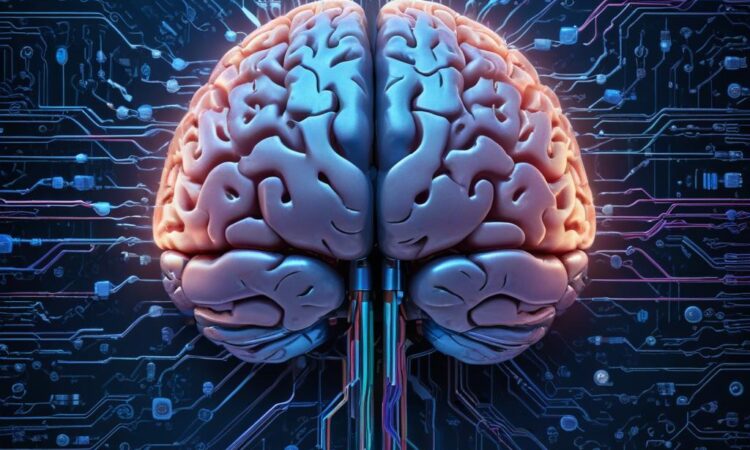AI’s Impact on Healthcare: Revolution or Risk?
Hey everyone! Let’s dive into the wild world of AI and its increasingly huge role in healthcare. It’s seriously mind-blowing how fast things are changing. On one hand, we’re talking about AI potentially revolutionizing everything from diagnosis to discovering new drugs. On the other…well, there are some pretty serious ethical and societal questions we need to grapple with.
The Amazing Potential of AI in Healthcare
Seriously, the possibilities are pretty incredible. Think about AI-powered diagnostic tools that can spot diseases way earlier than humans can, leading to faster treatment and better outcomes. Imagine AI helping doctors personalize treatments based on a patient’s unique genetic makeup and lifestyle. Or how about AI speeding up the process of discovering new drugs, potentially saving millions of lives? We’re not just talking about incremental improvements here; this stuff has the potential to completely transform how we approach healthcare.
AI can analyze massive amounts of data – way more than any human doctor could ever hope to – to identify patterns and trends that could lead to breakthroughs in understanding and treating diseases. This could be particularly helpful in areas like cancer research, where the complexity of the disease is immense. We’re talking about AI potentially helping us develop more effective treatments and even cures for diseases that have plagued humanity for centuries.
And it’s not just about diagnosis and treatment. AI is also making waves in areas like administrative tasks. Imagine AI handling insurance claims, scheduling appointments, and even providing basic patient support. This could free up healthcare professionals to focus on what they do best: caring for patients.
The Not-So-Amazing (and Kinda Scary) Side Effects
Okay, let’s be real. This isn’t all sunshine and rainbows. There are some serious challenges we need to address before we fully embrace the AI revolution in healthcare. One of the biggest concerns is bias. AI algorithms are trained on data, and if that data reflects existing biases in society (like racial or socioeconomic biases), the AI will perpetuate those biases, potentially leading to unfair or inaccurate diagnoses and treatments.
Data privacy is another huge issue. Healthcare data is incredibly sensitive, and we need to make sure that it’s protected from misuse. AI systems will need to be designed with robust security measures to prevent data breaches and protect patient confidentiality. Otherwise, we risk a massive erosion of trust in the system.
And let’s not forget about job displacement. As AI takes over more tasks currently performed by humans, there’s a real concern that healthcare professionals could lose their jobs. It’s crucial that we think about how to mitigate this risk, perhaps by retraining healthcare workers for new roles that complement AI systems.
Another important aspect to consider is the “black box” problem. Some AI algorithms are so complex that it’s difficult to understand exactly how they arrive at their conclusions. This lack of transparency can make it difficult to trust their decisions, especially when it comes to something as important as healthcare.
Finally, there’s the issue of accountability. If an AI system makes a mistake, who is responsible? The developers? The hospital? The doctor using the system? These are critical questions that need to be answered before AI becomes more widely adopted in healthcare.
The Road Ahead: Navigating the Revolution Responsibly
So, where do we go from here? The potential benefits of AI in healthcare are undeniable, but we can’t ignore the risks. We need a multi-pronged approach that involves careful regulation, ethical guidelines, and ongoing research to ensure that AI is developed and used responsibly. This includes addressing bias in algorithms, protecting patient data, and planning for the potential impact on employment.
Open and honest conversations between policymakers, healthcare professionals, AI developers, and the public are crucial. We need to work together to establish clear ethical standards and regulatory frameworks that will guide the development and deployment of AI in healthcare. Only through careful consideration and proactive measures can we harness the transformative potential of AI while mitigating its risks. This isn’t about stopping progress; it’s about ensuring that the progress we make benefits everyone.
The future of healthcare is inextricably linked to the future of AI. By working collaboratively and responsibly, we can create a future where AI empowers healthcare professionals, improves patient outcomes, and strengthens the healthcare system as a whole. Let’s make sure we do it right.

